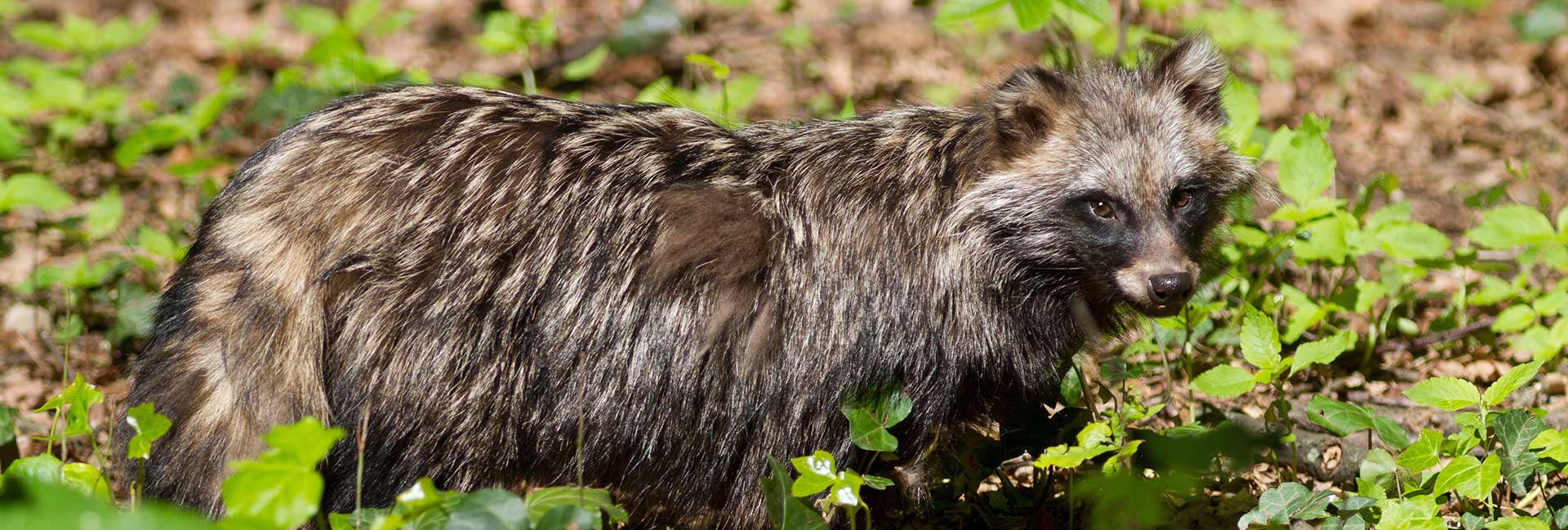
17 Aug 2016 WHAT ARE HUNTERS DOING TO COMBAT IAS?
There are many alien (non-native) species in Europe, which can be very useful (such as the beloved potato), however, 10-15% of these alien species are considered “invasive”. Invasive Alien Species (IAS) are often referred to as species of non-native animals or plants, which generate serious negative effects on the environment, economy or even human health.
For many decades, much attention has been paid to this problem at EU level with the publication of strategies, codes of conduct and new Regulations to manage and eradicate IAS.
FACE set up the Biodiversity Manifesto (BDM) in 2010 and published the first report in 2015, which shows the active involvement of European hunters in biodiversity conservation (via the presentation of 181 conservation projects). In the BDM, 18 hunters’ projects are directly related to IAS management (e. g. Raccoon dog, American mink, Grey squirrel, Japanese knotweed, etc.)
IAS control represents a big challenge in Europe in which hunters play a significant role by monitoring, early detection, rapid response, surveillance, management and raising awareness. In most cases, they act voluntarily; however, some projects are financially supported by diverse organisms.
For more information, read FACE’s information note on IAS Policy and Hunting.

